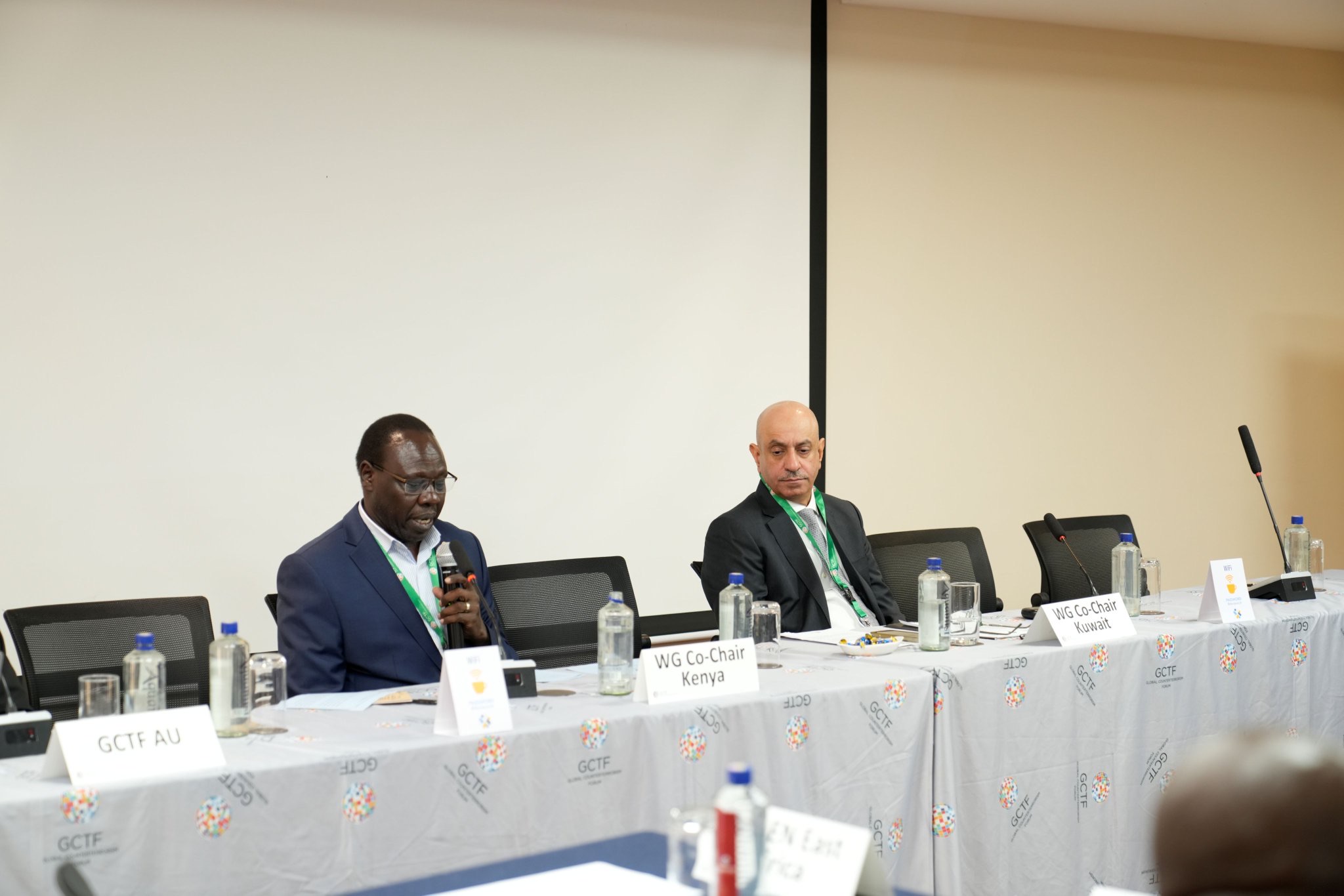

Kenya is using military and diplomatic tactics to dismantle terror organisations and deter future attacks, while at the same time building relationships with local communities.
The new strategy seeks to help violent extremists and radicalised people reintegrate into society.
Director of National Counter Terrorism Centre Kibiego Kigen said there is na eed to complement some of the robust military measures with other soft approaches.
Some of the hard approaches include neutralising essential terrorist leaders and destroying terrorist organisations using targeted missile strikes and military actions.
Use of religious leaders to offer counter counter-narrative that debunk misinformation about extremism and also prioritise rehabilitation over retribution are some of the softer approaches.
NCTC has also warned that violent extremists are exploiting the vulnerability of the youth to radicalise and recruit them.
Economic hardship, marginalisation and lack of education have also made the youth vulnerable.
“Over the years, extremist groups have adapted tactics preying on the vulnerabilities of the youth. This reality underscores the urgency for more coordinated and inclusive approaches in preventing and countering violent extremism," Kigen said.
He spoke during the Global Counter Terrorism Forum’s East Africa Working Group on Motivational Engagement for security officers in Nairobi.
The training is part of the 2024-26 work plan, which is aimed at enhancing skills of security practitioners in reception, screening and assessments.
Kigen said the participants were equipped with pertinent skills to help them in their work.
“This knowledge and skills will go a long way in our global fight against the scourge of terrorism,” he said.
The training was also attended by Kuwait's deputy foreign minister Mohammed Al Roumi.
“The participants were taken through the Kenyan model of Motivational disengagement, where they were equipped with skills in self-awareness, appreciative communication, all aimed at assisting the targeted persons to disengage from violent extremism,” Kigen said.
He said it is imperative for trainees to take back this knowledge and skills and tailor make their own programmes to suit the needs of their countries.
Al Roumi said the programme provides an opportunity for security officers to exchange knowledge, skills and experiences.
This, he said, will foster strong coordinated action to motivate persons of interest.
“In our interconnected world, East Africa’s security challenges are reflected across to the Middle East and vice versa. Through programmes like this one, we empower member states, not only with tools to identify the risks but by providing multilateral platform for exchange of knowledge and expertise.”
“Thus, being able to gain insight and skills necessary to protect their communities from global and local terrorist threats,” Al Roumi said.
He said countries should also take responsibility for their own citizens among the ranks of foreign terrorist fighters and their families, particularly those in former conflict zones in Syria and Iraq.
“It is essential to repatriate, rehabilitate and reintegrate them to prevent these camps from becoming breeding grounds for future radicalisation and recruitment,” Al Roumi said.
Since 2018, more than 1,200 individuals have been repatriated through Kuwait as the country supports repatriation of foreign terrorist fighters and their families.
Last year, NCTC held a national public participation exercise to review and refresh the National Strategy to Counter Violent Extremism now rebranded as the National Strategy for Countering and Preventing Violent Extremism.
The initiative seeks to address challenges hindering meaningful youth participation in preventing violent extremism and is also expected to develop actionable solutions for enhancing youth resilience and engagement.
Kigen said the youth should be empowered as agents of change not instruments of destruction.
As part of the multi-pronged approach, counties have also developed laws to prevent violent extremism and radicalisation within their departments.
The laws, based on the unique security challenges, will establish county institutions to provide linkages between national law enforcement agencies and community structures.
Internal Security Principal Secretary Raymond Omollo said the Prevention of Violent Extremism (PVE) Model Bill is a framework that provides counties with tools to effectively integrate prevention strategies.
It also mainstreams funding for these initiatives, foster collaboration between national and county governments, and empower communities to take a proactive role in combating extremism, he said.















